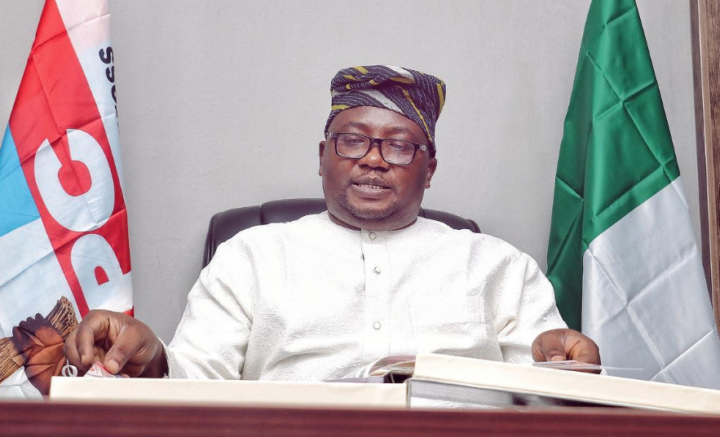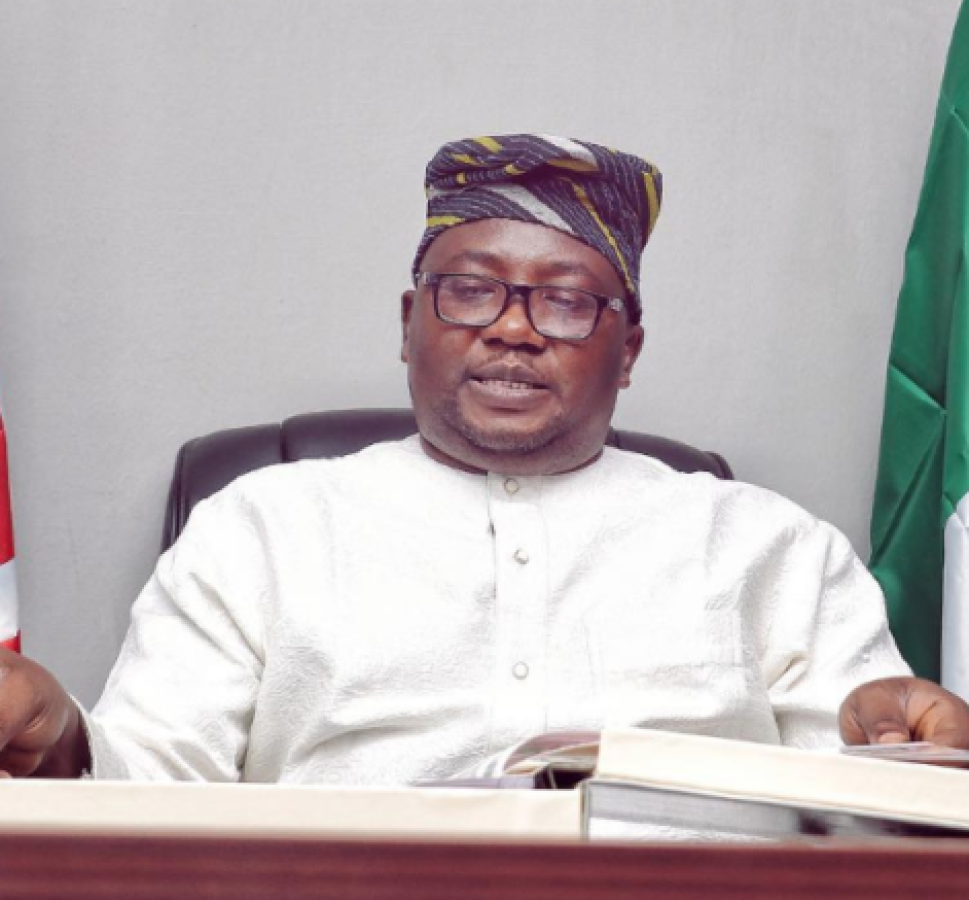
Adebayo Adelabu, minister of power, says more than 40 percent of Nigerian electricity consumers now enjoy over 20 hours of regular supply daily.
The milestone was revealed during a review of the ministry’s achievements over the past year as part of the country’s Independence Day celebrations.
In a statement on Sunday, Adelabu attributed the progress to several “revolutionary measures” implemented with the support of President Bola Tinubu’s administration.
He said the ministry’s initiatives are aligned with the president’s renewed hope agenda, which aims to enhance industrialization through consistent power supply.
“The major achievement is the fact that today we generate over 5,500 megawatts of power, we transmit and distribute it, and over 40% of customers today enjoy over 20 hours of regular power supply across the nation,” Adelabu said.
“You can see that there is a significant improvement between when we came in and now, which we intend to improve further.”
Adelabu said the ministry is striving to enhance this achievement by the end of the year, as reliable power supply is one of the key campaign promises of the president.
He stressed the critical role of stable electricity in developed nations, linking it to economic success.
“This is why you see great economies like Korea, China, Europe, and North America industrialised today. Their stability in electricity supply has been instrumental to their economic growth and industrial development,” he said.
“That is why we say that we must achieve this for Nigeria as a country. We need to achieve the requisite economic growth and industrial development.”
‘RELIABLE ELECTRICITY SUPPLY WILL ENHANCE ECONOMIC GROWTH’
Adelabu said the ministry’s vision is to provide reliable and affordable electricity to households, businesses, and institutions.
This, he said, will enable the country achieve the desired economic growth and industrial development.
Reflecting on the ministry’s progress since the inception of the administration, the minister said the installed generation capacity has increased from 13,000 megawatts to over 14,000 megawatts.
He said this was made possible by the addition of new hydroelectric power plants and improvements in existing facilities.
Adelabu outlined several key reforms, including the signing of the new Electricity Act 2023, which decentralises power generation, allowing subnational governments to participate in the electricity market.
He said the liberalisation of the sector has paved the way for private sector to also participate in the electricity supply industry.
In the infrastructure space, the minister highlighted the successful commissioning of 10 power transformers and mobile substations under the presidential power initiative.
He also acknowledged ongoing efforts to close the metering gap, noting that over 7 million Nigerian households are still without meters.
“Within a year, we completed the pilot phase of this project, which involved importing 10 power transformers and 10 power mobile substations. They have arrived; we have installed them, and we have commissioned them,” the minister said.
“Therefore, the electricity stability that we enjoy today is not by accident. It’s because of all these transformers and mobile substations that we commissioned and installed.
“There is the issue of the meter gap that we have. We all know that out of almost 13 million customers that we have in the industry, over 7 million customers are still without meters and are on estimated billing.
“We said this is not the way to go. We must correct this, which is why President Bola Ahmed Tinubu set up the Presidential Metering Initiative, which has the mandate of installing over 10 million meters within the next five years, at least 2 million meters on a yearly basis.
“We are making progress on this. The funds are being provided, and we will soon go into the acquisition of these meters. This would reduce the meter gap.”
‘WORLD BANK SUPPORTING EFFORTS TO REDUCE METER GAP’
Adelabu also said the World Bank is supporting these efforts through the distribution recovery programme by procuring and installing 1.8 million meters.
He said the contract of about 1.5 million meters has already been awarded and within the next two months, these meters will start arriving.
The minister also announced a special electricity supply initiative for the nation’s universities and other institutions aimed at preventing frequent power outages and ensuring they continue to benefit from lower tariffs.
“We have a program which we call the Nigerian electrification program, whereby we have about 34 universities to be energized through solar energy sources. I think we have completed about 13 now, and they are almost due for commissioning,” he said.
“We have plans to do this for some of the teaching hospitals and some of our military formations.
“We have electrified over three million people through these mini-grids across the rural areas nationwide.
“We also have what we call the solar home systems that we give to each household, providing them with some point of light, some point to charge their phones, and some points for farming.”






